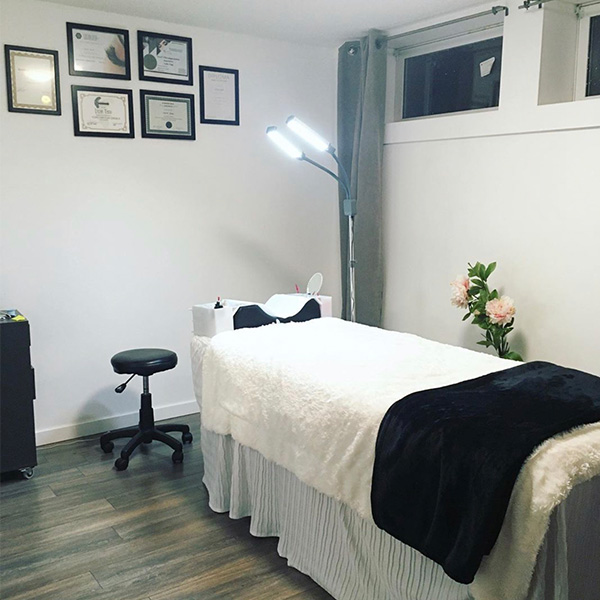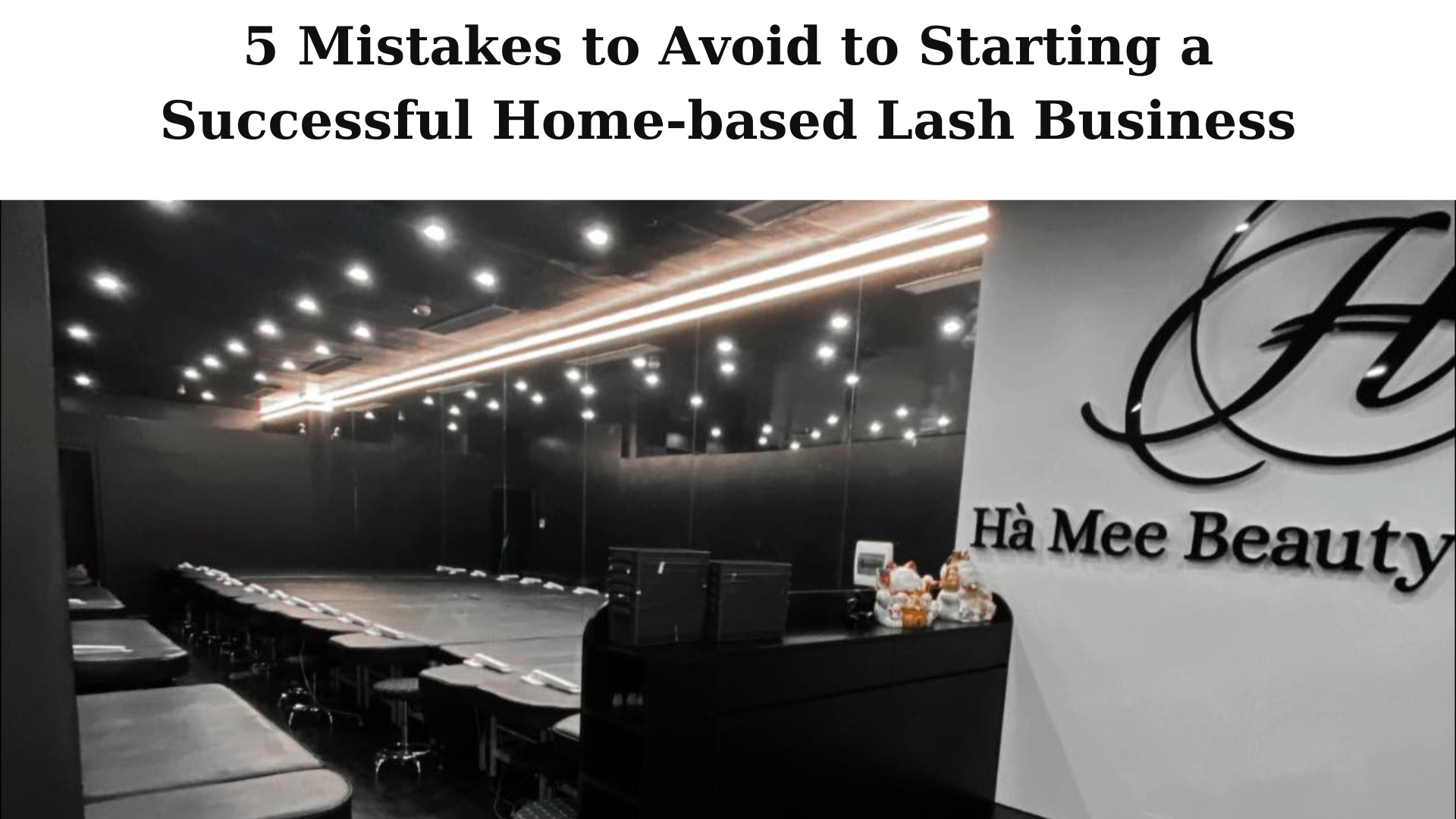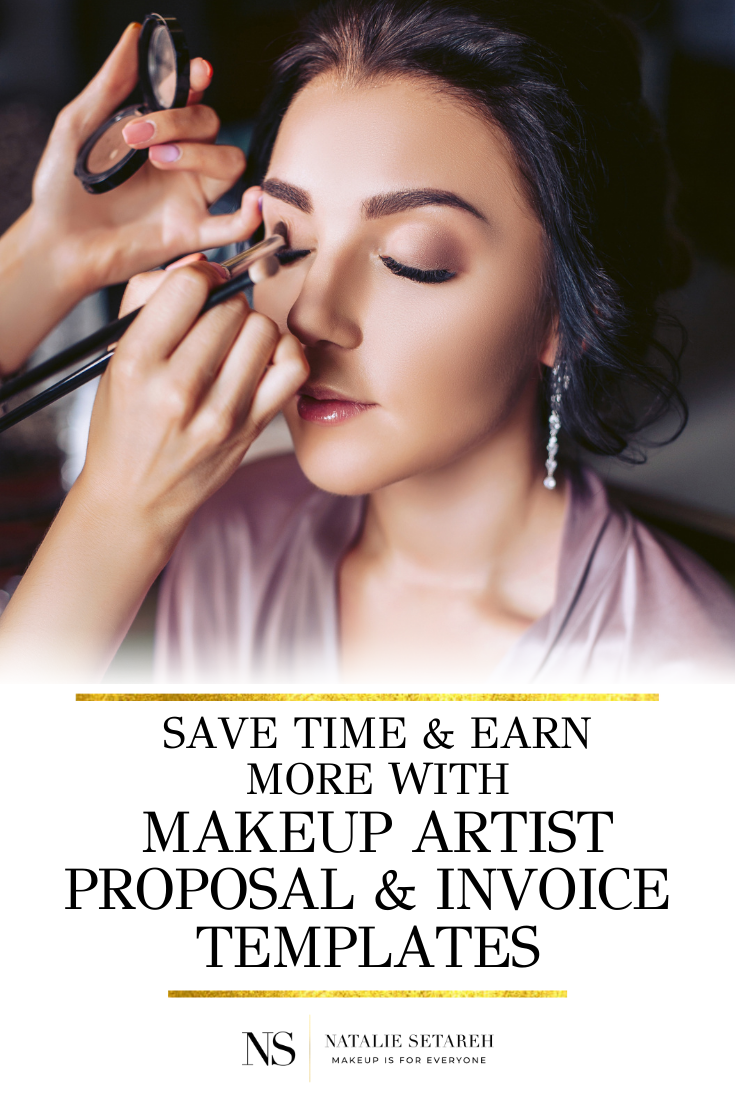Navigating the Beauty Landscape: A Guide to Successful Home-Based Makeup Sales
Related Articles: Navigating the Beauty Landscape: A Guide to Successful Home-Based Makeup Sales
Introduction
With enthusiasm, let’s navigate through the intriguing topic related to Navigating the Beauty Landscape: A Guide to Successful Home-Based Makeup Sales. Let’s weave interesting information and offer fresh perspectives to the readers.
Table of Content
Navigating the Beauty Landscape: A Guide to Successful Home-Based Makeup Sales

The beauty industry is a dynamic and lucrative market, constantly evolving with new trends and innovative products. In recent years, the rise of online platforms and social media has significantly altered the landscape, offering entrepreneurs a unique opportunity to capitalize on the growing demand for cosmetics. Selling makeup from home has become a viable and increasingly popular business model, providing flexibility, control, and the potential for substantial earnings.
However, with the sheer volume of brands and products available, identifying the most profitable and in-demand makeup to sell can be challenging. This article provides a comprehensive guide to navigating the intricacies of the home-based beauty market, offering insights into the best makeup categories to focus on, along with key considerations for success.
Understanding the Market Dynamics
Before diving into specific product categories, it’s essential to understand the current market trends and consumer preferences driving the beauty industry. Several key factors influence consumer purchasing decisions, including:
- Sustainability and Ethical Sourcing: Consumers are increasingly conscious of the environmental and social impact of their purchases. Brands that prioritize sustainable practices, ethical sourcing, and cruelty-free formulations are gaining traction.
- Inclusivity and Diversity: The beauty industry is becoming more inclusive, catering to a wider range of skin tones, textures, and identities. Brands offering a diverse range of shades and formulations are resonating with a broader audience.
- Clean Beauty: The demand for natural and organic ingredients is steadily growing. Consumers are seeking products free from harmful chemicals and synthetic additives, opting for clean beauty alternatives.
- Multifunctionality and Convenience: Consumers value products that offer multiple benefits and simplify their beauty routines. Multifunctional makeup items, like tinted moisturizers or lip and cheek stains, are highly sought after.
- Personalized Experiences: The rise of customized beauty solutions, such as personalized foundation shades or tailored skincare regimens, reflects the growing desire for products tailored to individual needs.
Identifying the Best Makeup Categories to Sell
By understanding these market trends, entrepreneurs can identify the most promising makeup categories to focus on. Some of the best makeup to sell from home include:
1. Lip Products: Lipsticks, lip glosses, and lip stains are perennial favorites in the beauty industry. They offer a wide range of colors and finishes, catering to diverse preferences. The versatility of lip products makes them a reliable choice for home-based sellers.
2. Eyeshadow Palettes: Eyeshadow palettes are a popular choice for makeup enthusiasts, offering a range of colors and textures to create various eye looks. The popularity of eyeshadow palettes is fueled by the rise of social media beauty trends and tutorials.
3. Foundation and Concealer: Foundation and concealer are essential makeup staples. Offering a diverse range of shades and formulations to cater to different skin tones and types is crucial for success in this category.
4. Highlighters and Bronzers: Highlighters and bronzers are essential for achieving a radiant and sculpted complexion. They are popular choices for both everyday and special occasion makeup looks.
5. Eyeliner and Mascara: Eyeliner and mascara are key products for enhancing the eyes. Offering a variety of colors, finishes, and formulas can appeal to a wide range of consumers.
6. Makeup Brushes: High-quality makeup brushes are essential for applying makeup flawlessly. Offering a curated selection of brushes for different purposes can be a profitable niche.
7. Makeup Remover and Skincare Products: Complementary skincare products, such as makeup remover, cleansers, and moisturizers, can enhance the overall customer experience and generate additional revenue.
8. Makeup Sets and Bundles: Offering curated makeup sets or bundles tailored to specific needs or occasions, such as holiday gift sets or travel kits, can be a compelling value proposition for consumers.
Key Considerations for Success
While identifying the right product categories is crucial, several other factors contribute to the success of a home-based makeup business:
1. Source High-Quality Products: The quality of the makeup you sell is paramount. Choose reputable brands with a proven track record for safety, performance, and customer satisfaction.
2. Build a Strong Brand Identity: Developing a unique brand identity is essential to stand out in a crowded market. Craft a compelling brand story, logo, and visual aesthetic that resonates with your target audience.
3. Leverage Online Platforms: Utilize social media platforms like Instagram, Facebook, and TikTok to showcase your products, engage with customers, and build your brand presence. Consider creating an online store to sell your products directly.
4. Provide Excellent Customer Service: Exceptional customer service is crucial for building loyalty and repeat business. Respond promptly to inquiries, address concerns effectively, and go the extra mile to create a positive customer experience.
5. Stay Updated on Trends: The beauty industry is constantly evolving. Stay informed about the latest trends, new product launches, and consumer preferences to remain competitive.
6. Offer Value-Added Services: Consider offering additional services, such as makeup consultations, tutorials, or personalized beauty recommendations, to enhance the customer experience and create a loyal following.
FAQs about Selling Makeup from Home
Q: What are the legal requirements for selling makeup from home?
A: The legal requirements for selling makeup from home vary depending on your location. Research the specific regulations in your area, including licensing requirements, product safety standards, and tax obligations.
Q: How do I find reliable suppliers for makeup products?
A: Look for reputable wholesalers and distributors who offer high-quality products at competitive prices. Research supplier reviews, inquire about their certifications and quality control processes, and consider establishing relationships with local suppliers.
Q: How can I promote my home-based makeup business?
A: Utilize a multi-pronged approach to promotion. Leverage social media, participate in online beauty communities, collaborate with influencers, and consider local marketing efforts such as flyers or partnerships with local businesses.
Q: What are some tips for creating compelling product descriptions?
A: Write clear and concise descriptions that highlight the key benefits and features of your products. Use descriptive language, incorporate relevant keywords, and include high-quality product images.
Q: How can I build trust and credibility with potential customers?
A: Provide transparent information about your products, including ingredients, manufacturing processes, and any relevant certifications. Encourage customer reviews and testimonials, and actively engage with your audience on social media.
Tips for Success in Home-Based Makeup Sales
1. Start Small: Begin with a curated selection of products that resonate with your target audience. As your business grows, you can expand your product offerings.
2. Focus on Niche Markets: Identify a specific niche or target audience to cater to their unique needs and preferences. This can help you stand out from the competition and build a loyal customer base.
3. Offer Samples and Trial Sizes: Allow customers to try your products before committing to a full-size purchase. This can help build confidence and encourage repeat business.
4. Collaborate with Influencers: Partner with beauty influencers or bloggers to promote your products and reach a wider audience.
5. Provide Excellent Customer Service: Respond promptly to inquiries, address concerns effectively, and go the extra mile to create a positive customer experience.
Conclusion
Selling makeup from home presents a compelling opportunity for entrepreneurs seeking a flexible and potentially lucrative business venture. By understanding the market dynamics, identifying the best makeup categories to sell, and implementing sound business practices, individuals can establish a successful and thriving home-based beauty business. Remember, building a successful business requires dedication, perseverance, and a genuine passion for the beauty industry. With the right approach, the journey can be both rewarding and fulfilling.








Closure
Thus, we hope this article has provided valuable insights into Navigating the Beauty Landscape: A Guide to Successful Home-Based Makeup Sales. We appreciate your attention to our article. See you in our next article!